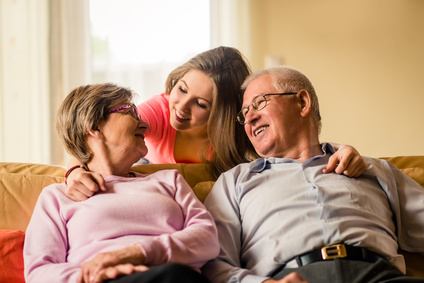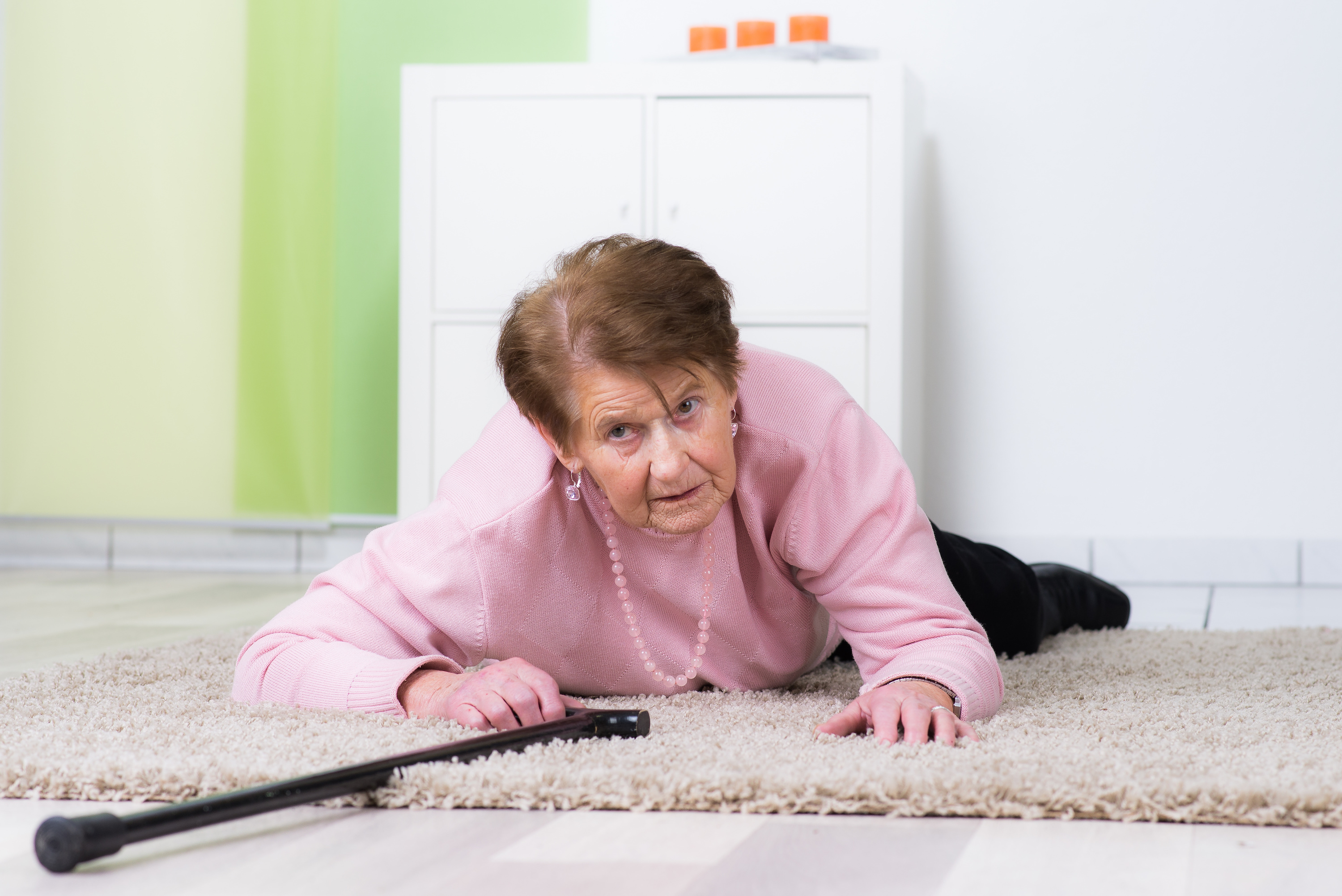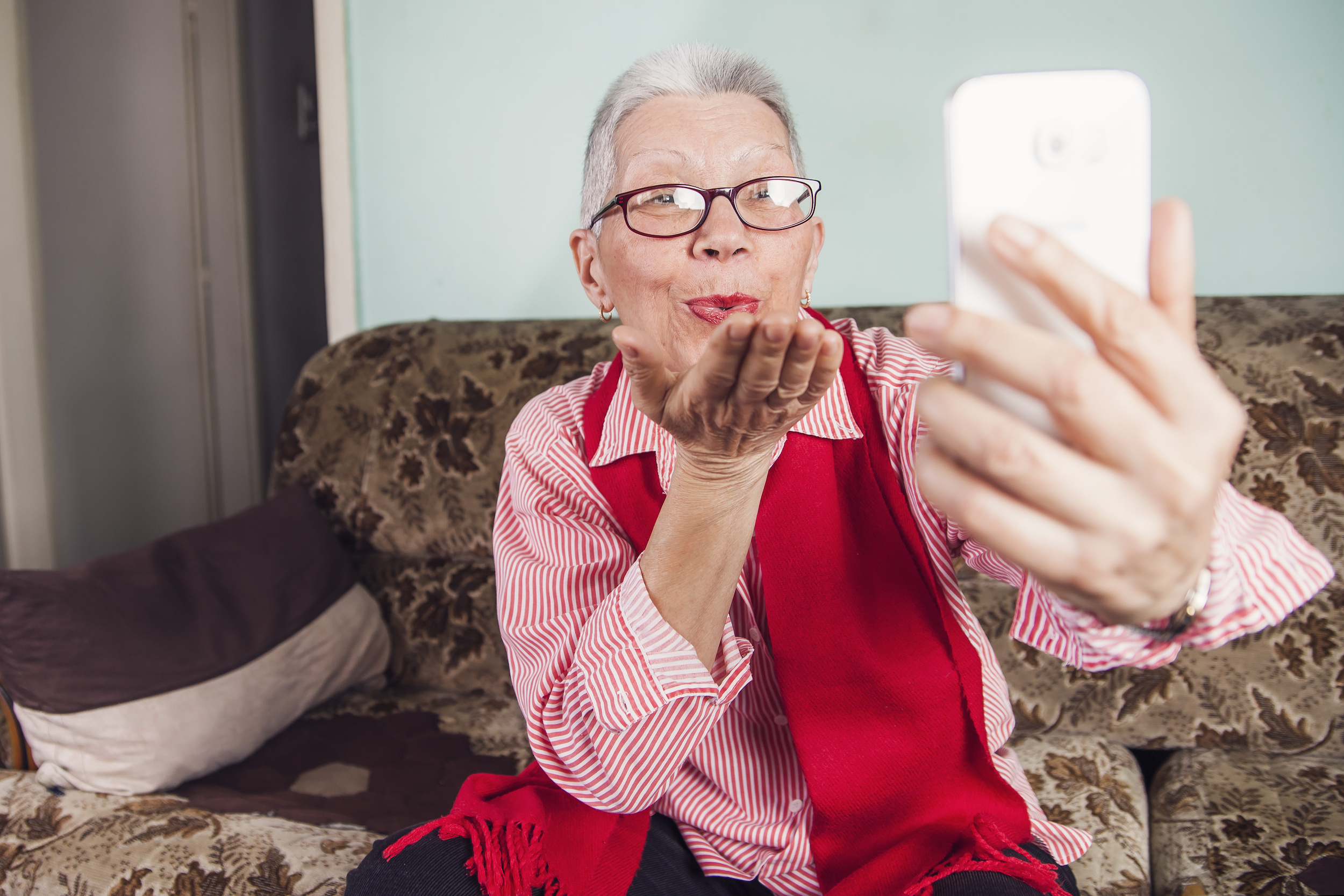Stunning Fall Statistics for Seniors from CDC
It is no secret that falls are among the biggest hazards of growing old; almost all of us know a senior who fell and eventually died from the injuries suffered in that tumble. But the numbers from the Centers for Disease Control Fall Statistics are staggering, and give seniors yet another reason to go out and buy a personal emergency alarm system.
According to the CDC, one out of every three people over the age of 65 will fall every year. About 20,000 of those falls will be fatal. In 2010, 2.3 million seniors had to be treated at emergency rooms for fall-related injuries. Of those, 662,000 patients had to be admitted into the hospital. The cost for all of this — $30 billion (adjusted for inflation).
Fortunately, the majority of seniors who fall do not suffer serious injury, but up to 30% of fall victims are indeed seriously hurt. They sustain injuries ranging from cuts and bruises to fractures to head trauma. In fact, falls are the most common cause of traumatic brain injuries (TBI) among seniors. In 2000, the CDC reports that TBI accounted for 46% of fatal falls.
The most common fractures that falls cause are “spine, hip, forearm, leg, ankle, pelvis, upper arm, and hand,” says the CDC. Often times these fractures, especially the hip, can lead to incapacitation and premature death. Even if you survive, the experience of falling could leave you frightened of suffering another fall, which could cause you to curtail your active lifestyle and limit your activities.
The older you are, the worse a fall could be. People over the age of 75 are up to five times more likely to be admitted to a long-term care facility for a year or more following a fall compared to seniors aged 65-74.
Experts agree that the best way to minimize the effects of a fall is to get help as soon as possible. If you live alone, you could lie on the floor for days until someone finds you. The results of these instances are never good. But if you have a home alert system, you could just press a button, tell a monitor you have fallen and an ambulance will be dispatched to you within minutes. You will then get the life-saving medical treatment that you so desperately need.
Having a safety alarm could also help with the fear of falling. Certainly no senior wants to fall down, but knowing that there is back-up in the event of a fall could help ease the fear that you might add to these daunting statistics.
There are ways, of course, to minimize your risk of falling. Exercising is a great first step to making sure you are physically stronger to avoid a fall. Of course, check with a doctor before beginning an exercise program.
You should also get your eyes checked and make sure you are not taking a combination of medications that could cause dizziness. The simplest step you can take is to go through your house and remove any obstacles that could cause a fall, such as a loose rug or anything that is lying around. Also install grab bars, especially in bathrooms. And lastly, a home health alert system should be part of your safety regime. Such an emergency alert may not stop a fall, but it will help you survive one.



